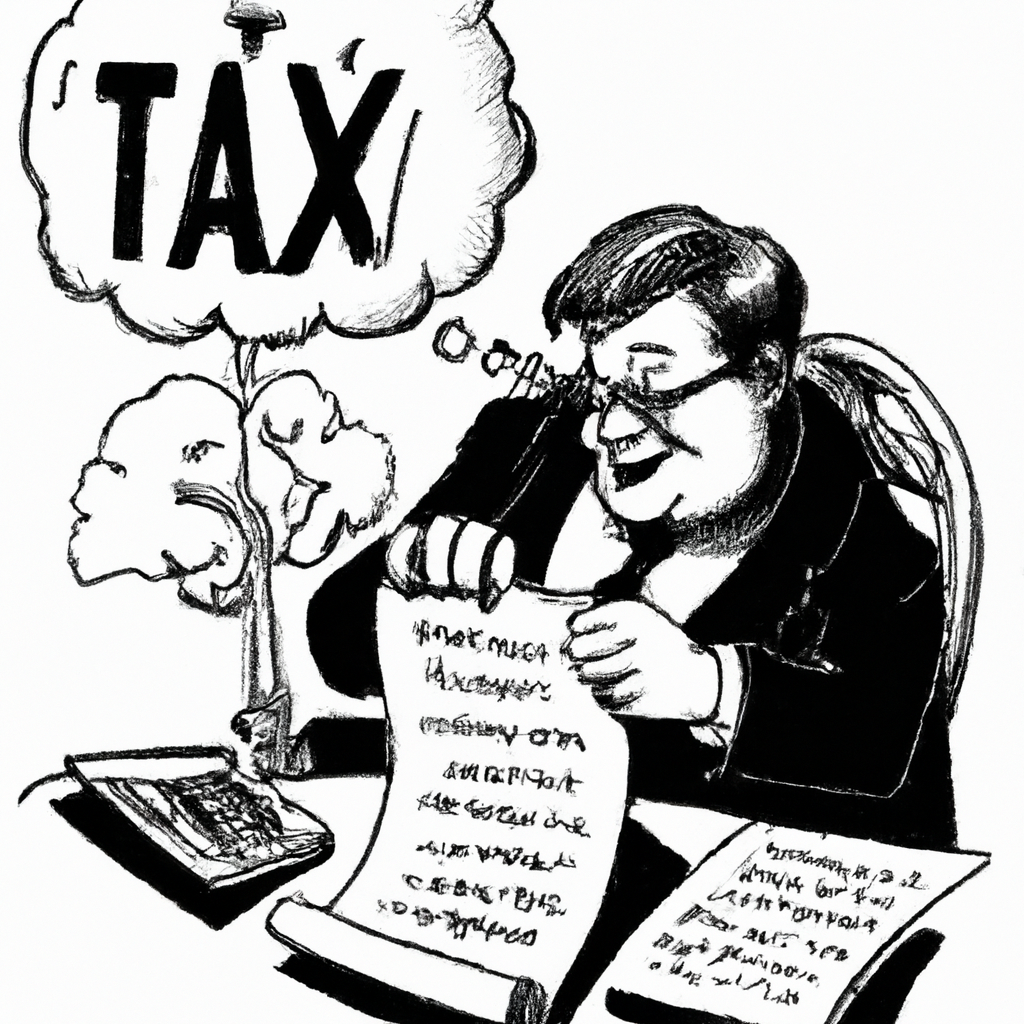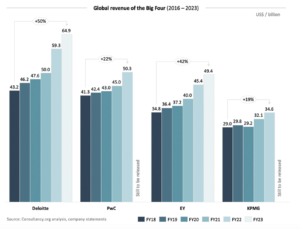Tax filing would be free and automatic if it weren’t for lobbying from TurboTax
The tactics the tax industry used to prevent taxes from being free and automatic
The U.S. government already knows taxpayer income because their employers send the IRS their W2’s and 1099’s. Instead of forcing taxpayers to do all the leg work, the IRS has the power to do all of this electronically and instantly, and allow for additional taxpayer input. But if the government made tax filing simple and free, TurboTax’s success would collapse overnight.
Intuit, the company behind TurboTax and QuickBooks, has cultivated a reputation of being not just good at what they do, but good period. The company’s values are heavily emphasized, urging employees to “deliver awesome” and pursue “integrity without compromise.” However, as the company’s tax preparation product, TurboTax, has driven their profits and made them a Wall Street phenomenon, the success of TurboTax rests on a shaky foundation.
For more than 20 years, Intuit has actively waged a sophisticated, sometimes covert war to prevent the government from making tax filing easy and free for most citizens. The company has deployed a battalion of lobbyists and hired top officials from the agency that regulates it. Employees have acknowledged that the company’s success depends on stoking innovation in Silicon Valley while stifling it in Washington. Internal company and IRS documents, as well as interviews with insiders, reveal that Intuit has used tactics such as hiding the Free File program from search engines and creating traps in the “Free Edition” of TurboTax to limit the reach of government-led initiatives and drive profits. Despite deceiving customers, Intuit’s strategy has been successful and TurboTax remains a market leader, with 40 million Americans using the product in 2019.
Intuit continues to use “dark patterns” in order to ensure that as many customers as possible pay, according to former employees. They also use the marketing concept “FUD” (fear, uncertainty and doubt) about the tax filing process to tap into Americans’ emotions. The IRS is seemingly the biggest threat to Intuit and other commercial tax prep businesses, but it has more frequently acted as the industry’s ally, defending the Free File program even in the face of critical internal reviews. The IRS declined to comment for this article. The consequences of Intuit’s efforts affect a huge proportion of the taxpaying public. Americans spend an estimated 1.7 billion hours and $31 billion doing their taxes each year. Just 2.8 million participated in the Free File program this year, down from 5.1 million at the program’s peak in 2005. Intuit’s success has made the men who run the company rich. Smith, the CEO who stepped down last year and is now executive board chair, had a stake worth $20 million when he became chief executive. It ballooned to $220 million by last year. Co-founder Scott Cook is now among the country’s wealthiest people, his fortune soaring to $3.3 billion.
Intuit aggressively grew its tax software market dominance since 1993, when it purchased Chipsoft, the San Diego-based company behind TurboTax, for $225 million. As internet speeds increased and dot-com mania took hold, Intuit recognized that its future was online. As late as 2001, around 45 million Americans still filled out their tax forms on paper, representing potential customers for Intuit. However, lawmakers in Washington began pushing the IRS to modernize and get more taxpayers to file electronically. Fearing that the government would create a system that would allow the vast majority of taxpayers to file online for free, TurboTax profits would plummet. To prevent government encroachment, in 1998, Intuit hired Bernie McKay, a onetime Carter administration aide and senior lobbyist at AT&T, to be its vice president for corporate affairs. McKay successfully lobbied Congress to pass a major overhaul of the IRS, which reflected Intuit’s position that the IRS “should cooperate with and encourage the private sector” to increase electronic filing. However, in 2002, Intuit faced an unexpected foe in the George W. Bush administration, which proposed that the IRS develop “an easy, no-cost option for taxpayers to file their tax return online.” Intuit’s lobbying machine went into action, and the company successfully pressed its case directly to the White House. The IRS, caught in the middle, ultimately struck a deal with Intuit, where the industry would offer free tax prep to a larger portion of taxpayers in exchange for the IRS promising not to develop its own system.
In 2016, Intuit, the makers of TurboTax, spent $2 million on lobbying and H&R Block spent $3 million for similar efforts. The main focus of these efforts was the “Free File Act of 2016,” which would have continued to offer free online tax filing to lower- and middle-income families, but also prevented the government from offering its own free alternative to taxpayers. By offering free software used by only a few people, the tax prep companies can maintain the current difficult system and thus the need for their products. The Free File Act did not pass but the Free File system remains, and “return-free filing” is still not available for the majority of taxpayers.
It’s important to keep in mind that even Reagan wanted filing taxes to be free and easy, yet tax software makers have spent millions to ensure that it never happens. For people who don’t take complicated deductions, this “return-free” system could turn a hated annual chore into a simple once-over and mail out.
One statesman said, “We envision a system where more than half of us would not even have to fill out a return,”. “We call it the return-free system, and it would be totally voluntary. If you decided to participate, you would automatically receive your refund or a letter explaining any additional tax you owe. Should you disagree with this figure, you would be free to fill out your taxes using the regular form. We believe most Americans would go from the long form or the short form to no form.”
“Comparing the distance between the present system and our proposal is like comparing the distance between a Model T and the space shuttle. And I should know — I’ve seen both.”





